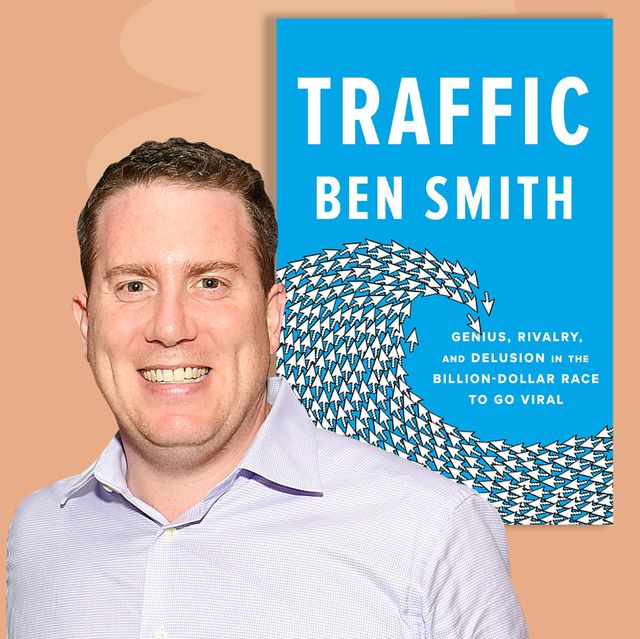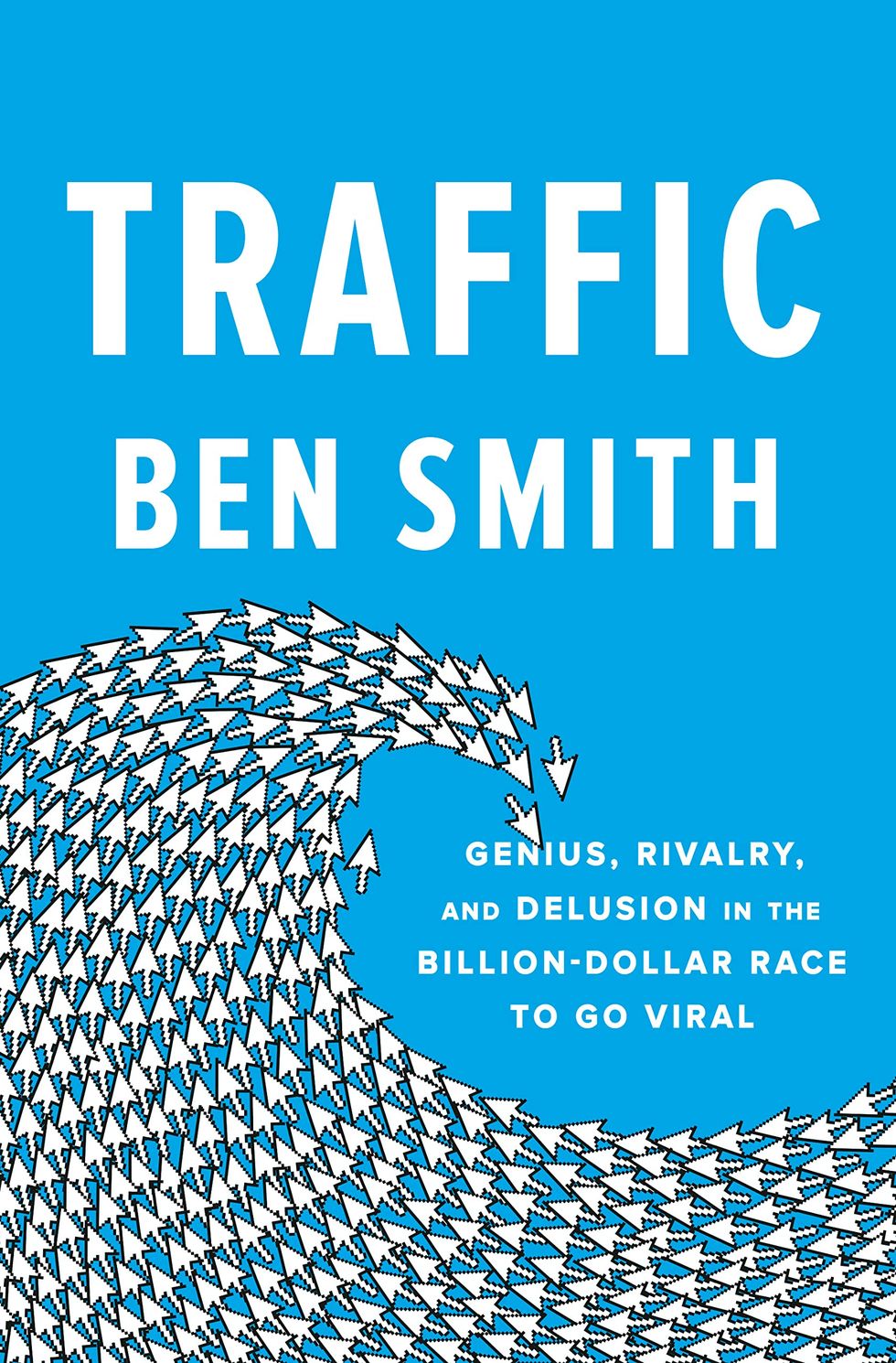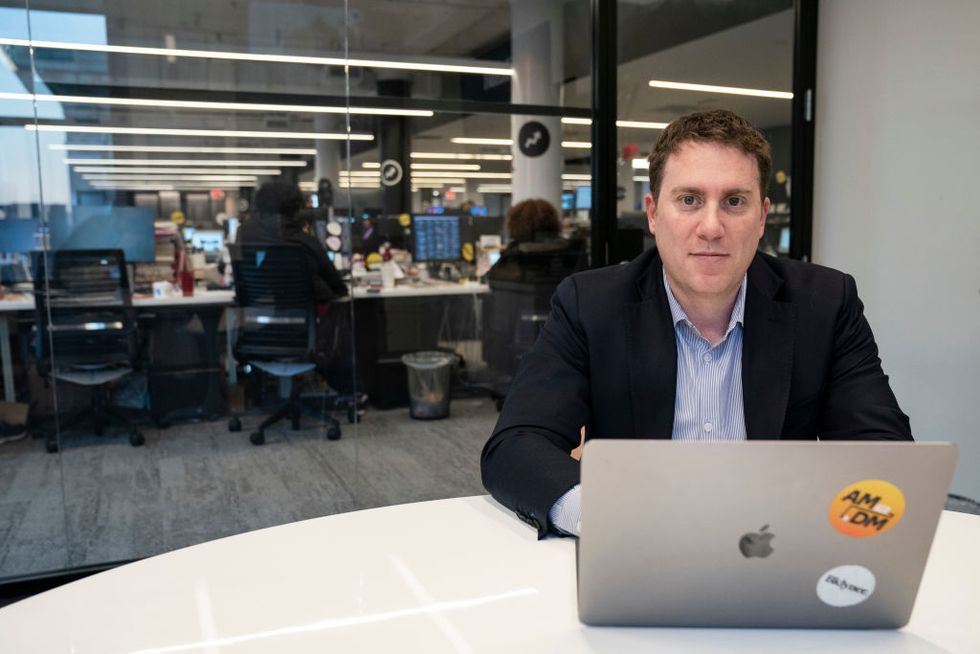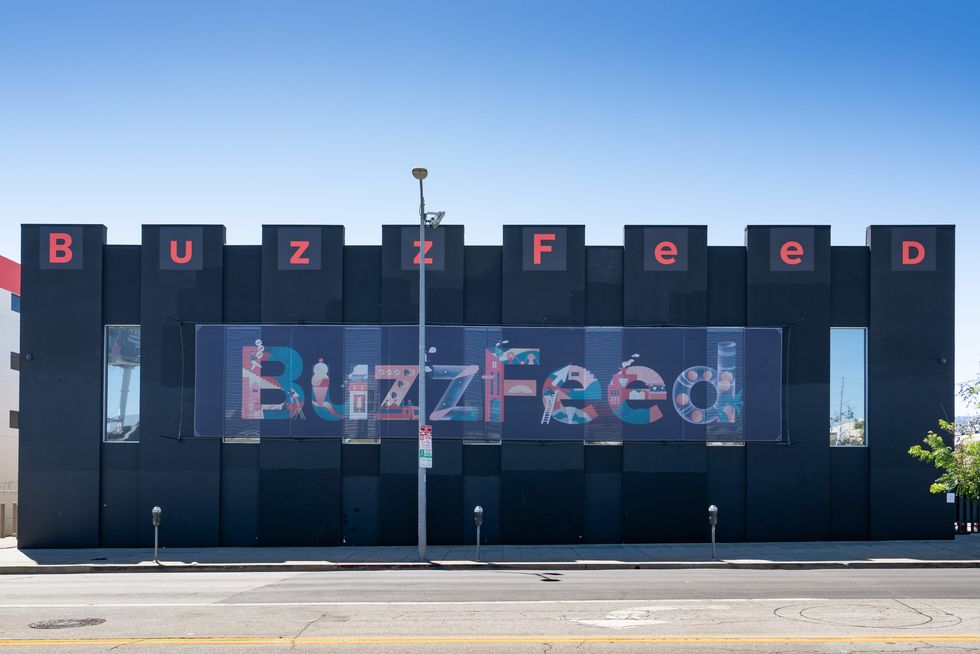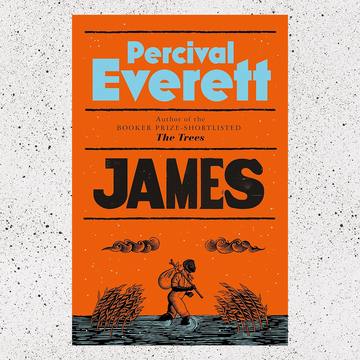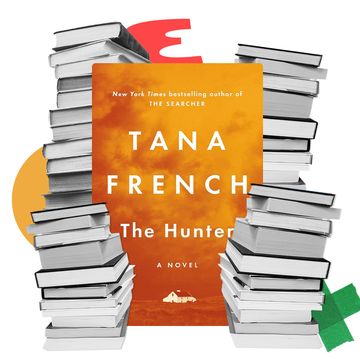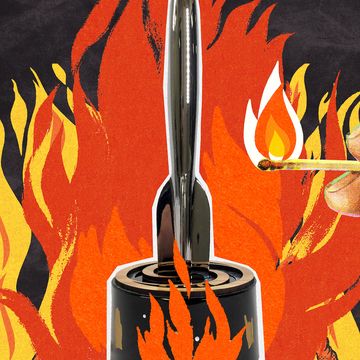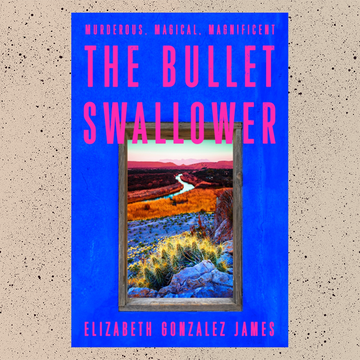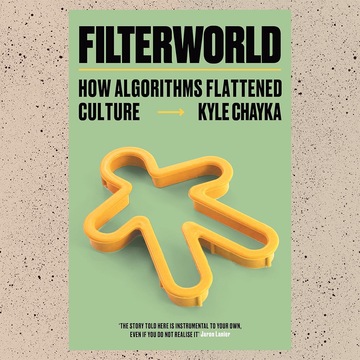The best way to understand Ben Smith is to understand what he was doing in the midst of our interview about his new book, Traffic. While delivering perfectly cogent answers to my questions, he was also scrolling through his phone and selecting who to follow on the suddenly-buzzworthy Twitter-alternative Bluesky. Smith had just scored an account on the invite-only social network, and he wanted to make his footprint on this fertile new land.
Smith confessed to his Bluesky skimming so that I wouldn’t think he was doing something more brain-consuming, like sending emails or solving Wordle. We have been associates, lunchmates, and friendly competitors for more than a decade, so I appreciate (maybe even slightly envy,) his multi-tasking abilities. He somehow found time to write Traffic: Genius, Rivalry, and Delusion in the Billion-Dollar Race to Go Viral while penning a must-read media column for The New York Times and setting up Semafor, a global news startup, where he is the editor-in-chief. Traffic explores the rise—and in some cases the fall—of digital media innovators like Gawker, HuffPost, Breitbart, and one of Smith’s own past employers, BuzzFeed, which just last month decided to exit the news business altogether. Smith was the founding editor-in-chief of BuzzFeed News for eight years before he became the media columnist for The New York Times.
Ahead of the book’s release, I spoke with Smith from the Manhattan office of his news startup Semafor. (This interview has been edited for length and clarity.)
ESQUIRE: Let's start with your title: Traffic. When did traffic, when did page views, start to factor into your career?
BEN SMITH: When I started a blog at The New York Observer at the end of 2003, I put a Site Meter on it, which was this piece of code that you could embed. I found it totally mesmerising to be able to see who was reading and where people were coming from. I'd always wanted people to read me, but it had always felt in a way like I was flying blind, and suddenly I had instruments.
But "going viral" didn't exist back then.
Only in a medical context.
And the internet felt so much smaller back then.
I mean, it was so much smaller back then. So many fewer people were on it. Such a small slice of the world was on the web. And then what happened was, The Verge and Politico in particular professionalized blogging. They took quick, incremental, reverse chronological publishing, and put it into a news organisation where you were gathering information and writing it down.
How do you start the story that you're telling here? And why?
When I started writing Traffic, it felt like the beginning of the end of the "social media era." I wanted to go back to the beginning and tell the origin story. I've told it through these two people who've been really central to beginning it: Gawker founder Nick Denton and BuzzFeed co-founder Jonah Peretti, who were alternately friends and rivals, and had deeply different ideas about what the internet ought to be and what digital media ought to be.
Gawker obviously came before BuzzFeed News. How do you explain Gawker to people who were not alive or around for it?
I mean, Gawker was in some sense Twitter before Twitter. At first it was the inside media conversation, and it was written by people who were outsiders, mostly young women who weren't part of the old media structure.
And you date Gawker's ascent and peak to when?
The years when Gawker felt unbelievably fresh and interesting were 2004 to 2007, I'd say. Very early, honestly, before social media started sucking that energy away from the blogs.
So it was Facebook's fault!
Well, the world keeps changing.
Other than Facebook and Twitter, and then Peter Thiel’s legal war to destroy Gawker by bankrolling lawsuits against the site like Hulk Hogan’s, what else caused Gawker’s fade?
In some ways, it was a victim of its own success. At best, it was these brilliant outsiders commenting on the corrupt, sclerotic Iraq-era media. And as it became more powerful and more central and employed more people, and as media institutions like The New York Times and Condé Nast started falling apart, it suddenly started to feel a little meaner. It was like aggressive teenagers shoving around older people who weren't in such good shape, instead of kids throwing spitballs from the back of the class. Having been in that position myself, it's very hard to feel yourself going from being an outsider to being an insider, and calibrate the way you behave based on that.
What does that mean?
I think as a journalist, you have to understand, are you punching up or punching down? I definitely sensed that when I got to the Times. I remember a colleague saying, "You're the ultimate insider, writing about media, and coming from this big editorial job [at BuzzFeed].” I was like, “No, I'm a weird blogger who got hired to run a weird cat website. What are you talking about?” But they were right. I was the New York Times media columnist; that probably made me an insider. And it can be dangerous, it can be destructive to imagine that you're an outsider when you're an insider, because you have a kind of institutional power, particularly at The New York Times, that you have to be aware of. But you know what? On the other hand, I think part of being a good reporter is not overthinking the consequences of the stories. Part of being a good reporter is just trying to write.
Gawker was so much bigger than just Gawker, of course—Denton created a whole network of blogs.
Yeah, they had a bunch of different blogs that had different different moments. Gizmodo did lots of interesting things. In reporting out the book and thinking which was the most influential, what had the most consequence and prescience, it was Jezebel. It was Jezebel in 2007. I wasn't really paying attention at the time. I knew Anna Holmes a little and people would say to me, "She's really kind of a genius." When I started talking to her and reading what they were doing in 2007, I thought, "Oh, wow."
In this one year, really, they shook the foundation of women's publishing—a huge industry— and freaked the hell out of everybody. They moved the needle on real social issues by calling out how white the models were in these magazines. The writing was amazing: having women talk on the internet the way women actually talk to each other instead of in a nonsense women's magazine way. And they also developed this pathological relationship with their audience. If they stepped out of line in the eyes of their audience, they were attacked incredibly and ruthlessly personally by their audience in the comments. By the end of it, they kind of self-immolated and had to pull back. It was as if they lived the entire history of Twitter in one year, and the year was 2007. It's pretty amazing. It just felt way ahead of its time.
I always say that one of the most consequential stories I wrote for The New York Times, in my six years there, was the story about you joining BuzzFeed. It was a short little story in 2011. The title was, "BuzzFeed adds Politico writer." It was not a big deal. But it was a sign of a huge shift in media.
I had actually come to BuzzFeed because I was writing a blog at Politico, which for a while had been a hub of the political conversation. I could feel that people were hitting refresh on my blog. It was kind of crushing and weird, but also incredibly fun.
Why was it crushing and weird?
Because if I didn't post for half a day, people would email me and ask if I was dead. People were just hooked on it. And that was really fun and really empowering. It's great to write for people who really want to know what you're writing. It's why you do it. But it was a little oppressive, too. And then I could feel something change.
I had persuaded an engineer at Politico to embed some tracker code in the footer of my blog, because Politico didn't really show people traffic. So I could see my traffic moment to moment, click to click, as a stream of URLs, and I could see that the conversation and the people and the energy and some of the traffic were migrating to Twitter. I could feel that what was interesting to me was not to have people hit refresh on the blog anymore, but to have people tweet a link to one of my scoops, and then watch that thing travel around Twitter. So when Jonah [Peretti] approached me and said, “Hey, we're going to build this news organisation for the social web," I was like, "Oh, I'm already there. That makes sense to me."
Did Nick Denton and Gawker see this threat to Gawker's business model?
Yes. Nick was trying to build essentially a competitor to Facebook, in Kinja. But the big threat they saw was less the ecosystem and more the money. Nick had had a bad experience ten years earlier with venture capital investors and he swore never to raise money again. And then there was this huge flood of money—which did not turn out to have been wise investments—into his competitors. We [at BuzzFeed] were hiring away his people by paying them more. And he was in this arms race that he couldn't win. I mean, he was actually running a profitable, real business, but the tides were sort of turning away. Gawker was much, much, much less relevant than it had been by the time Hulk Hogan came along, and Twitter had sort of absorbed the good energy and the bad energy of Gawker.
BuzzFeed News at this point—2012, 2013, 2014— was hitting its stride.
Yeah. We had all these resources. We had a kind of sophistication about how to tell stories on the Internet, an openness to experiment, and lots of traffic that BuzzFeed had already built. It turned us into a influential, interesting place to do journalism.
After your book went to print, just before it came out, Peretti shut down BuzzFeed News. You’ve said you’re proud of the news division’s work, but you wish you’d known more about the business side. So why couldn't BuzzFeed News carry its success from ten years ago to today? What changed?
We were fundamentally rooted in the social web. And we were in this venture-backed model where you focus on growth first and revenue second. If I could have it back, we would have grown less and focused more on monetisation. Monetising news is such a different business than monetising entertainment, and that was always sort of a struggle.
In the subtitle of Traffic, you refer to "genius, rivalry and delusion." Former Gawker editor Max Read, reviewing the book for The Washington Post, says, "I do not think there are any geniuses in this book."
Such a good line! But actually, I think Nick and Jonah saw things other people saw. I don't know if you want to call them geniuses, but they obviously saw things nobody else saw. I think it's actually a classic late-Gawker move to sneer at everything and be dismissive. It's much easier, in retrospect, to say these guys were a bunch of idiots, when in fact they got half of it right. They saw what was coming. They just didn't build businesses out of it. And they didn't see how it ended.
What's the delusion part of your subtitle?
The biggest delusion was that traffic would have real value—that traffic was commodity, that traffic was digital oil. It's such a basic mistake. But Gawker starts selling ads in 2003 and gets $9 CPMs. Wow, this is $9 per thousand views. We're just getting a few views now, but we can see it growing every month, and there's going to be more views, and this product is very rudimentary, but we can make it better. So it's totally reasonable to extrapolate; we've discovered this commodity, and the value is going to go up, and this is going to be a huge business. The problem is that commodities are defined by scarcity, and traffic turned out to be unlimited. The people who really refined the sales of it were Google and Facebook.
You’re writing about the traffic era, so what is this era that you're now editing Semafor in? People say it's the post-social media era, but as we're talking right now, you're signing up for a new social network called Bluesky.
Old habits die hard. You know, it's funny. I don't think that print is coming back. Semafor’s Max Tani talked to Tina Brown about this the other day, and she was like, “We’re going all the way back to print!” But I do think the media values that the internet blew up—which were essentially print values, which is to say hierarchy and concision and editorial judgment—are coming back. One of the things that people like about email is that an editor is forced to put things in the order that they think is important for you.
So we are back at... the Gawker homepage?
Yeah, we're sort of in a resting place where some of the stuff that was around in 2007 is what remains. These days, it's actually hard to know what's going on. I used to use Twitter to know what's happening now in the world. Twitter just doesn't do that service anymore for you. It does other things. I think people who can do that well—who can tell you what’s happening now in the world—are going to be the ones who win an audience.
Brian Stelter is the Walter Shorenstein Media and Democracy Fellow at Harvard Kennedy School's Shorenstein Center on Media, Politics and Public Policy. He is a former anchor of CNN's Reliable Sources and a former media reporter at The New York Times.
